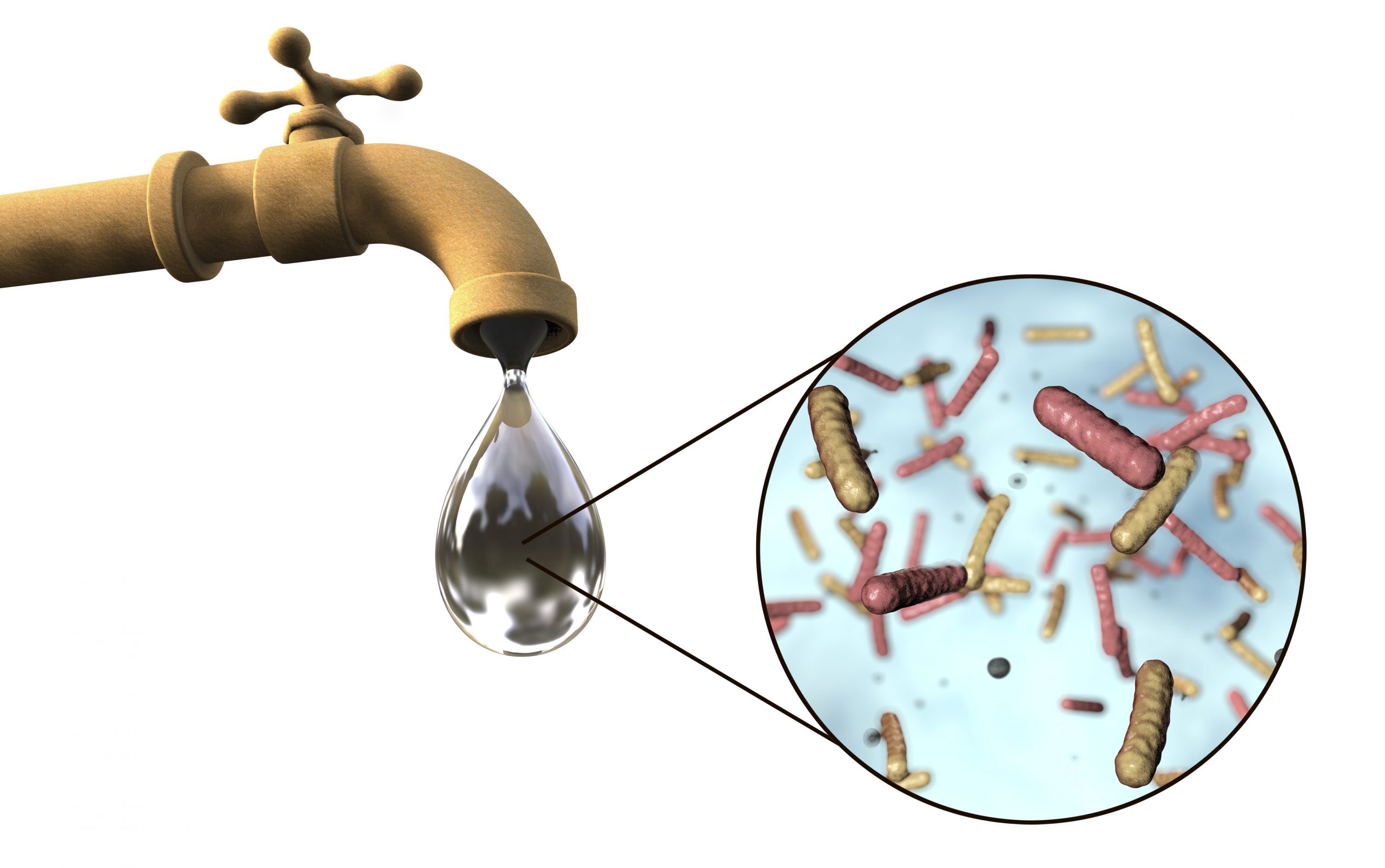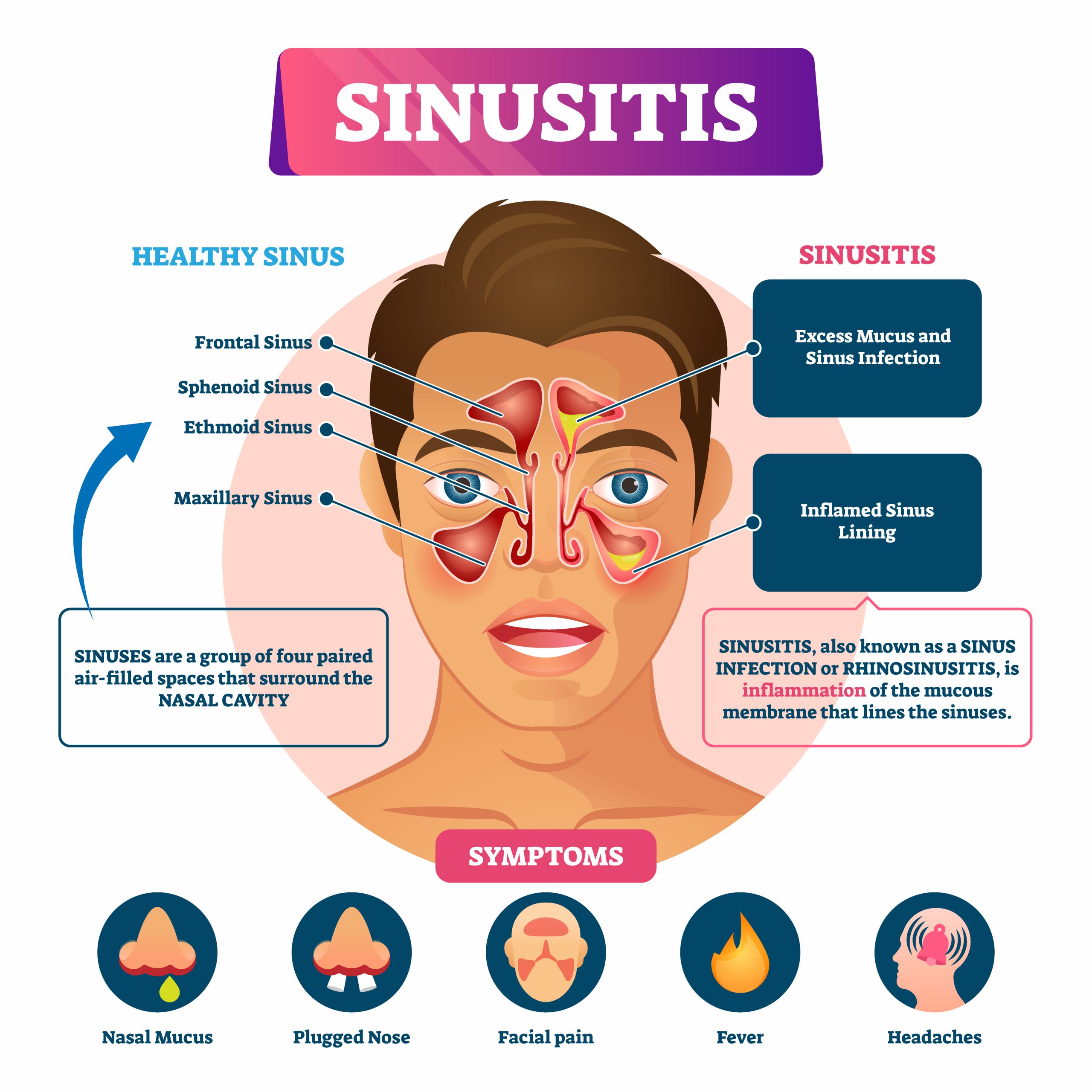
The devastation hurricane Ian, a category 4 hurricane, caused over the past week and weekend cannot be overstated.
As of Monday, the death toll has risen to over 100. Over 2.7 million people lost electric power and as of Monday afternoon more than 600,000 were still without power. Widespread flooding has caused sewers to overflow, and authorities are advising people to treat floodwaters as contaminated. Florida hospitals in the Ft. Myers area, along with nursing homes have been forced to evacuate thousands of patients because of lack of sanitary water due to power outages; electricity powers the water pumps. In one Ft Myer hospital, workers and patients were forced to defecate into bags and stack them up in the overflowing biohazard bin. With the inability to even wash their hands, diseases will rapidly spread.
This is just the beginning of a massive health crisis in the making. Hepatitis, infectious diarrhea, e coli, and a host of other bacterial, viral and fungal diseases will soon emerge from this natural disaster. It is not known when or where power will be restored. Boil orders for tap water are widespread throughout Florida. The entire medical infrastructure is under severe strain or has collapsed. It is going to take months for life to return to some semblance of normal for the residents of Florida and many coastal areas up the Eastern seaboard.
The following are some information sites for residents of Florida:
- Florida Boil Water Notices https://tinyurl.com/4vrf8ynp
- Florida Power Outage Map https://poweroutage.us/area/state/florida
- American Red Cross https://www.redcross.org/about-us/news-and-events/news/2022/red-cross-responds-to-hurricane-ian.html
- Florida Association of Community Health Partners https://www.fachc.org/
Education series
Our education series continues with common school age illnesses
- Brooke Lounsbury
Medical Content Writer
Sinusitis (Sinus infection)
Sinus infections, also called sinusitis, happen when fluid builds up in the air-filled pockets in the face (sinuses). This fluid buildup allows germs to grow. Viruses cause most sinus infections, but bacteria and mold can also cause sinus infections.
3 types of sinusitis:
Acute bacterial sinusitis- This term refers to a sudden onset of cold symptoms such as runny nose, stuffy nose, and facial pain that does not go away after 10 days, or symptoms that seem to improve but then return and are worse.
Chronic sinusitis- Refers to symptoms such as increased facial pressure, headache, runny or stuffy nose that lasts for more than 12 weeks
Subacute sinusitis- Symptoms that last for 4-12 weeks
Recurrent acute sinusitis- Symptoms that come back four or more times in one year and last less than two weeks each time.
Causes of Sinusitis
- Nasal and seasonal allergies, including allergy to mold
- Common cold
- Polyps
- Deviated septum
- Weakened immune system from previous illness
Common signs and symptoms:
- Nasal discharge, can be clear, light colored, yellow or green
- Facial pain or pressure
- Headache- especially around nose, eyes and forehead
- Mucus dripping down the throat (post-nasal drip)
- Sore throat
- Cough
- Bad breath
How is it spread:
For infants and young children:
-
- Sharing pacifiers, toys or drinking cups
- Not covering mouth when coughing
- Sneezing without covering face
Adults:
-
- Smokers are at higher risk for nasal infections than the nonsmoking population
- Not washing hands
- Not covering face when coughing or sneezing
How to treat:
If symptoms are mild over the counter decongestants, saline sprays, nasal irrigations and increasing fluids can help relieve symptoms of sinusitis.
If symptoms don’t improve after 10 days, contact your healthcare provider. You may be prescribed an antibiotic if it is determined to be bacterial in origin.
If sinusitis is recurring a visit to the ENT may be in order. Polyps or deviated septum may be the cause of recurrent infections.
When to seek medical care:
If symptoms don’t go away after 10 days your healthcare provider may prescribe antibiotics if the infection is bacterial, along with prescription steroid sprays. Seek medical attention if facial pain or headache are severe, there is swelling around the eyes, or if symptoms seem to improve then get worse.
Healthcare tip of the week
Did you know that rinsing your sinuses out (called nasal lavage) with salt water was demonstrated to have an 8.5-fold reduction in Covid related hospitalizations and no fatalities compared to controls, according to a study released September 14,2022
Nasal lavage also works wonders for those suffering seasonal allergies by rinsing the irritant out of the nasal cavity. Many report symptom relief by performing the nasal lavage in the evening and upon awakening.
Neti pots (see link for more information)are inexpensive and widely available and are a handy item to accomplish nasal lavage with. Caution: Use only purified water, not tap water in the neti pot. There have been rare cases of infection from water supply when tap water was used in the neti pot.
Gargling with salt water has similar benefits:
“A study released in September 2020 indicated that gargling with a saline-based solution can reduce viral load in COVID-19, and another released in 2021 suggested that saline works multiple ways to reduce cold symptoms related to infection with other coronaviruses and might work as well as a first-line intervention for COVID-19.“ (News Medical Life Sciences)
Pick up your Jase case now if you haven’t done so:
The Jase case contains several different antibiotics that can treat infectious diarrhea.
Infectious diarrhea is one of the most common waterborne illnesses facing the victims of Hurricane Ian in its aftermath.
Lifesaving Medications
Recent Posts
Keeping you informed and safe.
FAQ: Our most commonly asked questions about Jase
If you’re considering Jase, chances are you’ve paused and thought, “This makes sense, but I still have a few questions.”You’re not alone. Here are the most common ones we hear, answered plainly. Is this really doctor-prescribed? Yes. Every Jase order is reviewed by a...
Medical Readiness: What Really Kills First
When Disaster Strikes, It’s Not Hunger or Thirst That Takes the First Lives In every disaster zone, from hurricanes in the Caribbean to war zones in Ukraine, the pattern is the same. People worry about food and water, but it’s infection that kills first. A small wound...
Exploring Dr. William Makis’ Hybrid Orthomolecular Cancer Protocol: Focus on Ivermectin and Mebendazole/Fenbendazole
Exploring Dr. William Makis’ Hybrid Orthomolecular Cancer Protocol: Focus on Ivermectin and Mebendazole/Fenbendazole *Disclaimer: This article is for educational purposes and does not constitute medical advice. Always seek professional guidance.* In the evolving...





